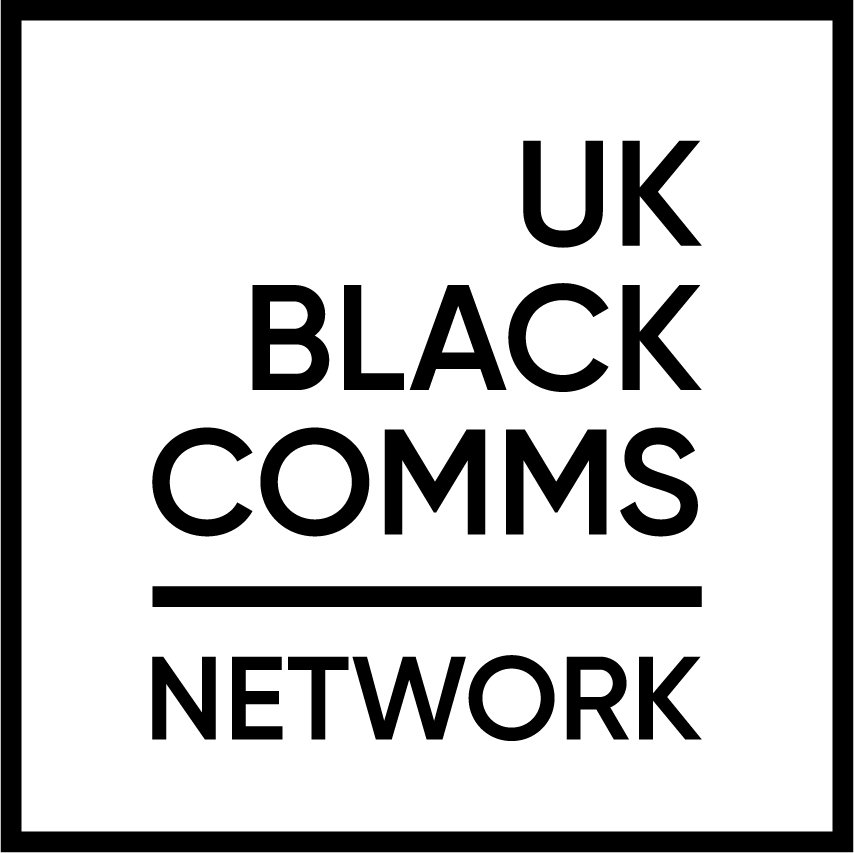Trailblazers and leaders: Justin King
Justin King | Director | Milltown Partners
What is something that you do everyday without fail?
There are two things I always do: First, I always start my day with some sort of exercise. Most mornings, you can find me either running, rowing, swimming or weight training at the gym. Aside from the physical benefits, it keeps me mentally grounded, particularly when a lot is going on at work. Exercising first thing also makes me feel like I've accomplished something at the start of the day, which is a great momentum builder for getting down to my to-do list once I'm at my desk.
Secondly, I’ll scroll through the apps of all of the major daily newspapers, from the FT to the Daily Mail. I always find it interesting to see the editorial choices each has made for that day, which is also useful for work.
What is the best piece of advice that you’ve received? And who gave it to you?
When I was 24, I was offered a job to be the Speechwriter for the Governor of the Saudi Arabian General Authority. Before I went, I had lunch with a former British Ambassador to Saudi Arabia, Sir Tom Phillips, who told me “throw yourself into everything, become indispensable, and then see how far you can go”. I spent four years in Riyadh living by this advice, which put me in rooms and took me to places which I would have never expected to be in my mid-twenties. That experience helped build my professional confidence and skills which, in many ways, led me to where I am today. I’ve since lived by that advice and really try to get stuck into whatever I can.
Is there a particular comms campaign that you’ve seen in your career that you didn’t work on but wish you had?
This didn’t happen in my lifetime, but one that fascinates me is when NASA launched a campaign from 1976-1978 to recruit a more diverse class of astronauts for the coming shuttle missions, after the all white and male cohorts of the 1950s and 1960s.
The campaign played out in a number of ways: Nichelle Nichols (who played Uhura in the original Star Trek) stepped in to be the face of it; articles and op-eds were pitched and published in newspapers read by different communities, encouraging people to apply; and where they didn’t secure earned media, NASA bought a significant number of ads across the United States to amplify the campaign message even further.
It directly led to a significant increase in applications from underrepresented communities and ultimately led to NASA’s most diverse class to date, including 6 women, 3 African Americans and 1 Asian American, out of 35. Ever since, NASA has identified the diversity of its astronauts as central to mission success.
What is a tool/hack that you would recommend to anyone starting out in?
Professional vulnerability and a willingness to collaborate is so important to doing your best work and growing as a professional. We all understandably expect a lot of ourselves and want to be the quintessential self-sufficient worker, who can individually take a complex task from A to B. Being Black in a world which requires us to be doubly as good as everyone else doesn’t make this any easier.
But there is so much power in admitting when you need to lean on the experience of others to help you unpick a problem or realise an opportunity. You can complete the task faster with many minds and hands sharing the burden; you'll learn from your teammates as you're working together, giving you bits of knowledge you can apply later; and the work will be undoubtedly better and probably more interesting, having drawn in the different perspectives of everyone working on the problem.
Of course, vulnerability requires you to trust the other person you’re working with. But if you can get to the point where you do have some “trusted advisors”, you can accelerate your career development rapidly.
What’s the key skill you think a successful PR/comms/marketing pro requires?
Good listening skills. Of course, part of our job as agency consultants or the in-house comms/marketing expert is to be the person with the answers that can address all types of communications or marketing related questions. In an advisory setting, however, I’ve found that by listening more and talking less, and by patiently asking the right questions, you can often get to the crux of an issue faster, build trust with whoever you’re advising, and be even sharper in the recommendations you make.
In three words, describe your approach to your role/work?
Curious, patient, and collaborative.
What’s a question every PR/marketing pro should ask themselves?
The success of our work - whether it’s an op-ed, a pitch to a journalist, or a new ad campaign - frequently depends on whether or not it resonates with the audience it's intended for. Whenever possible, I apply to “so what?” test my work, in order to be rigorous and honest with myself as to whether I’ve demonstrated its importance and relevance.

